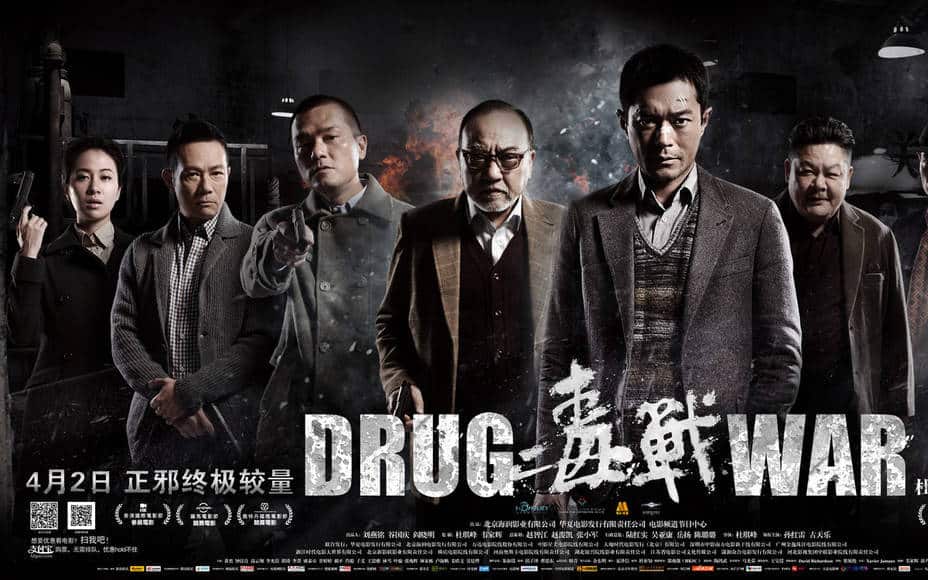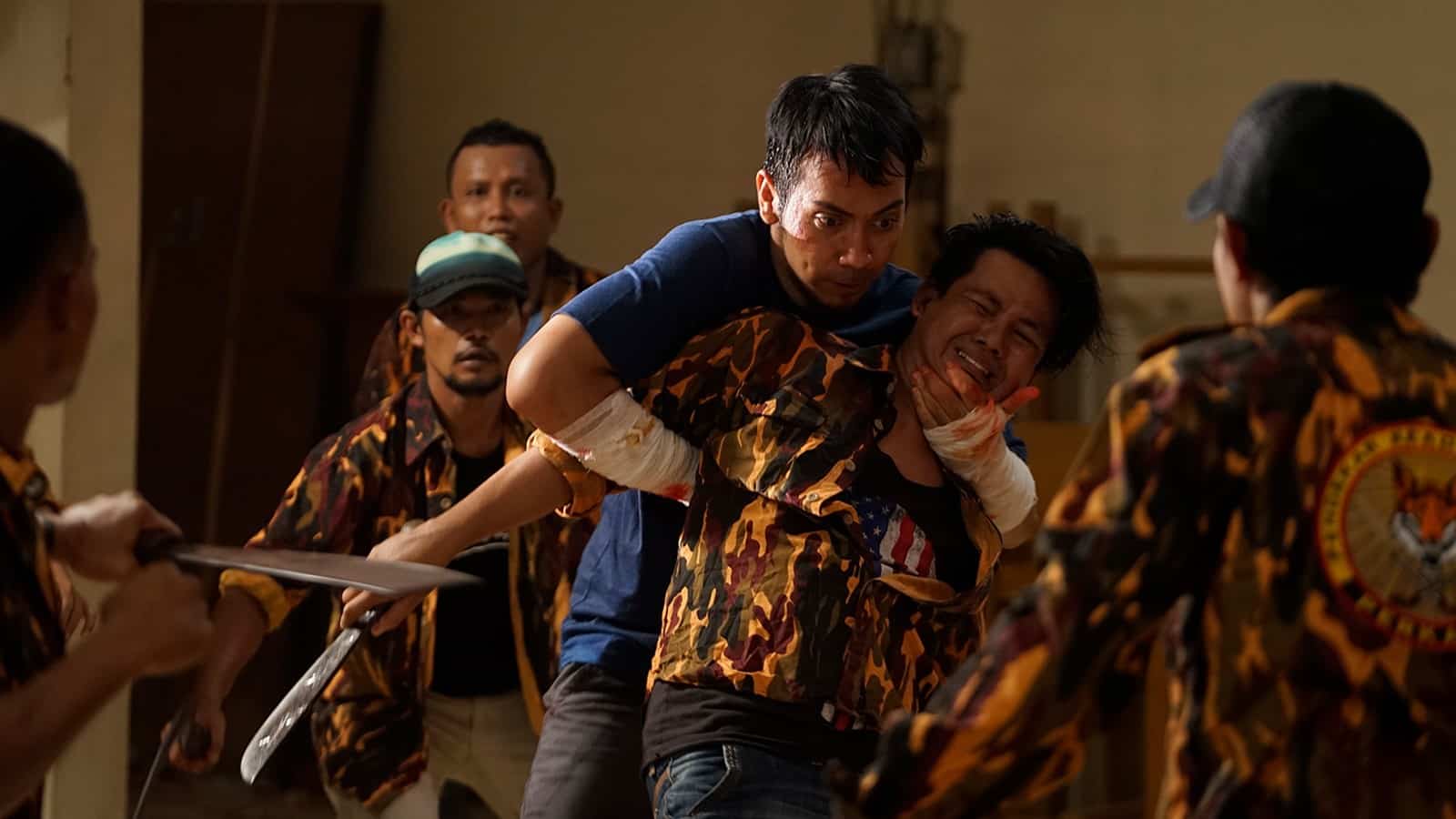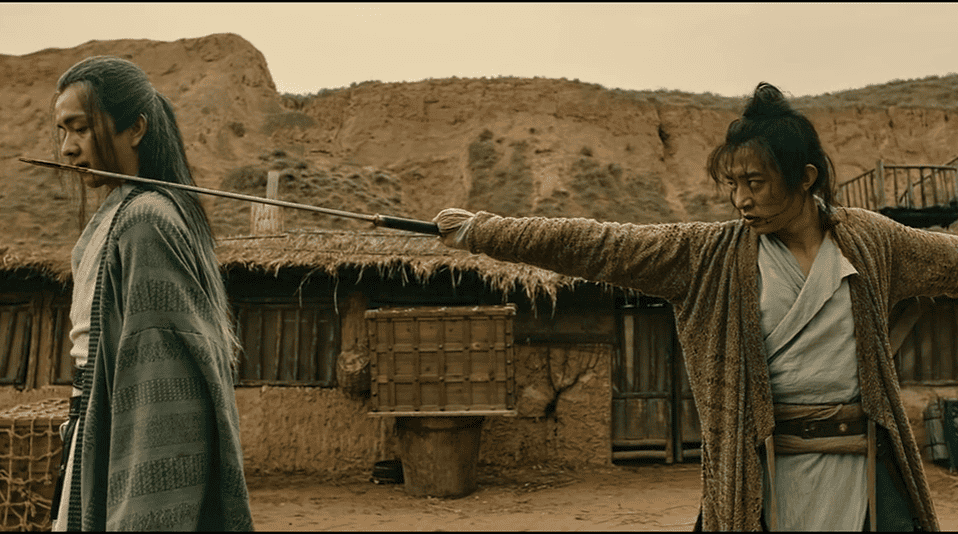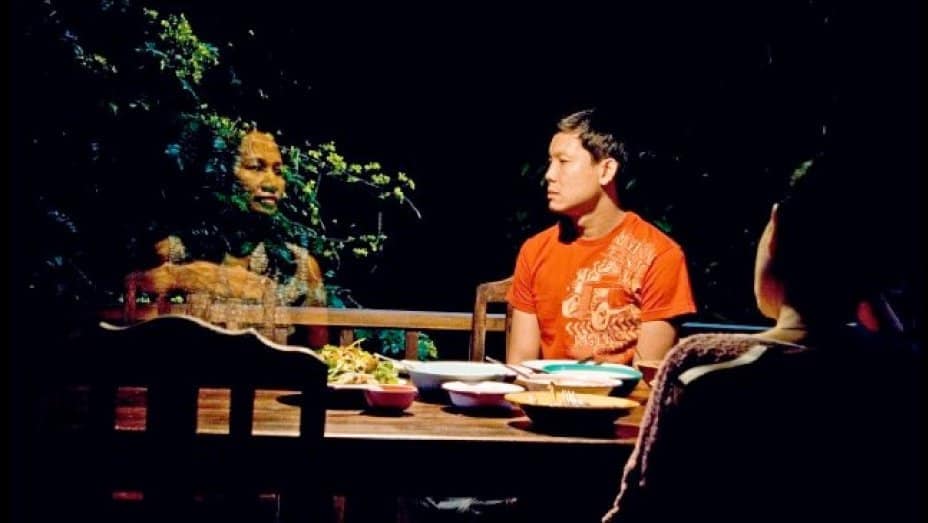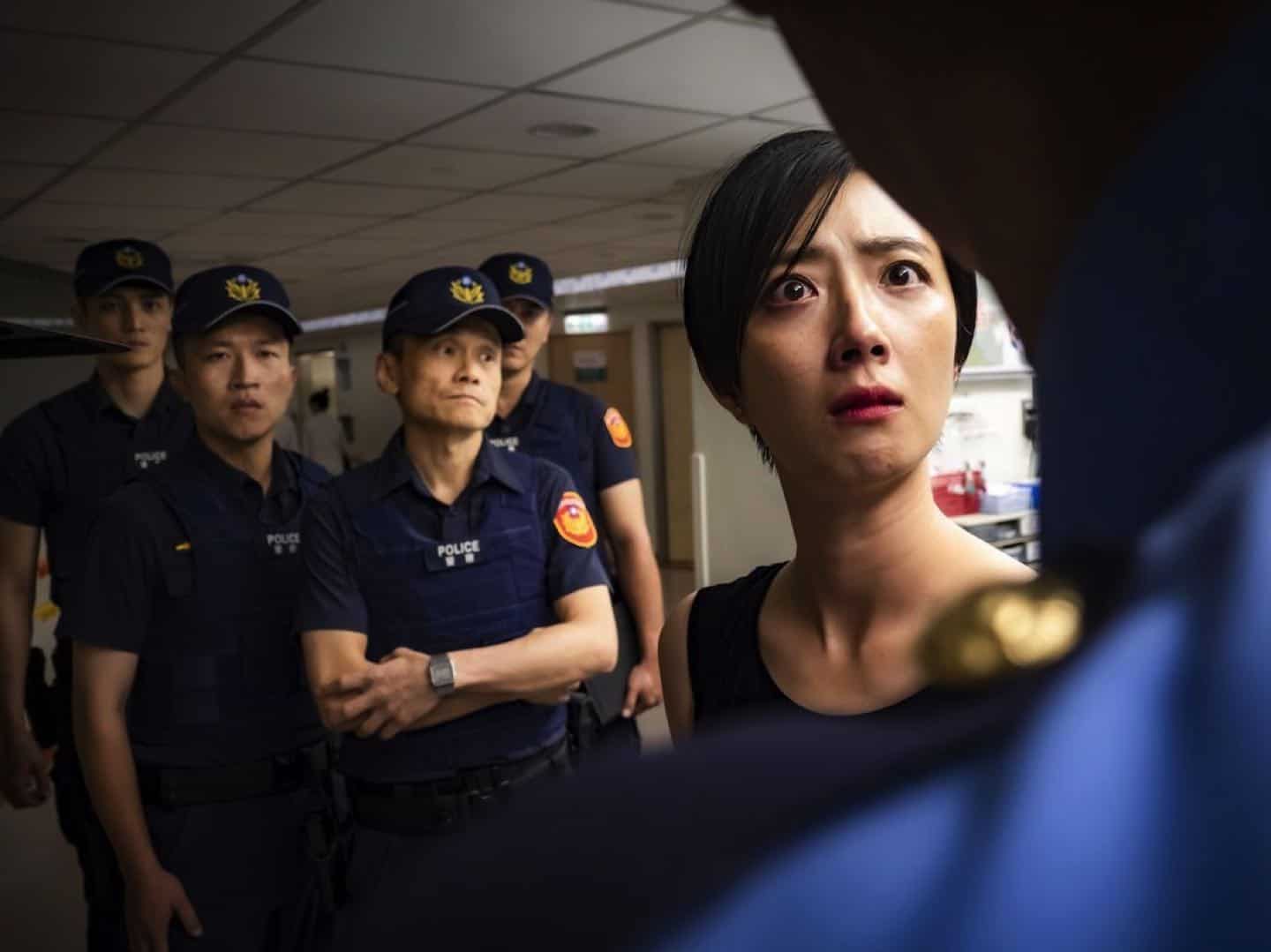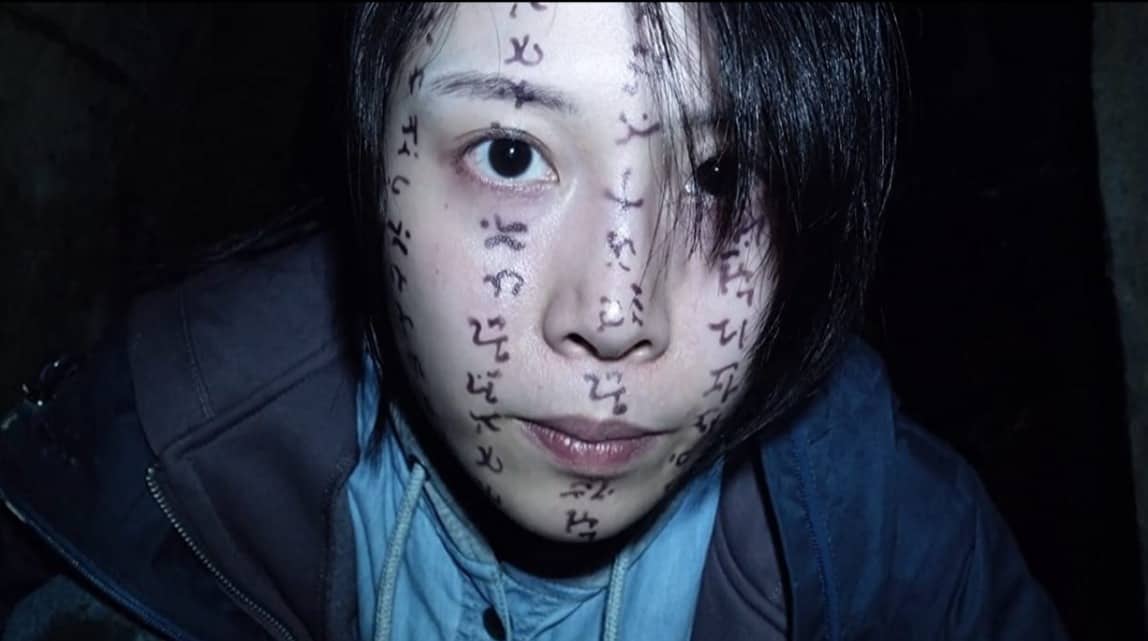Winner of the Chinese Film Media Awards for Best Picture and Best Director, among a number of other local and international awards, “Drug War” is the first Johnnie To action film to be shot entirely in Mainland China.
The story revolves around two men, Captain Zhang Lei, a police officer, and Timmy Choi, a middle level criminal. When the police, headed by Zhang, manage to capture a number of “mules” carrying drugs in their stomachs, they also stumble upon Choi, who has crashed his car a little before and is now hospitalized. It is quickly revealed that Choi is an essential cog in a drug-trafficking syndicate with connections to Japan and Korea. In order to avoid the death penalty, Choi decides to give up the rest of the gang to Zhang. This includes Haha, a constantly laughing owner of fishing boats that serves as administrator, “Uncle Bill”, the mastermind of the syndicate, and a number of other drug lords and in-betweens, including the mute brothers that work on the drugs in a “factory” owned by Choi. Zhang and his partner Yang Xiaobei pose in different roles to learn more about the syndicate, although most often as Haha and his girlfriend. Despite Choi's pleads though, Choi has a plan on his mind.
Johnnie To directs another action film about cops that act as criminals, and their opponents, and does a very good job on it. Most of the film functions as an agonizing thriller, as Zhang poises as a criminal in order to find out more about the syndicate and Choi is always on the lookout for a way out of the strain he is in. This last aspect, however, is presented is subtlety, since, although the fact that the scenario Zhang put in motion will not go smoothly until the end is quite obvious, Choi does not act on it, for the most part of the film. This trait benefits the most by Louis Koo acting as Choi, who manages to emit a constant sense of restlessness, as a man who acts in timid fashion, but is obvious that he is planning something. Some nonsensicality could not be missing from a To film, although this time is quite restrained, with the exception of the scene where Zhang is forced to take drugs.
Some humor is also present in the film, particularly through the character of Haha and even more from the scenes where Zhang is poising as him. The transformation of the tough, laconic cop to a constantly laughing criminal is Honglei Sun's highlight. To does not shy away from portraying the cops with the bleakest colors, particularly in the beginning, when they humiliate the “mules”, but also throughout the film, as they are presented as at least as trigger happy as their opponents. Some comments about the death penalty are also present, but are rather minor and actually lost inside the action.
The above elements however, do not signify any kind of lack of action, which, particularly during the last part of the film, is non-stop. The fact that To is one of the masters in directing action scenes involving many actors is once more highlighted through the shootout in the “factory”, a number of car chases, but particularly in the last sequence where all hell breaks loose, and Choi's cruelty is finally revealed in all its glory. Cheng Siu-keung's cinematography find its apogee in this scene along with the sound department, but the element that makes the action scenes stand truly apart is Allen Leung and David Richardson's editing. The two of them use fast cutting throughout the film, but the speed of it becomes even higher in the action scenes and with the combination of jump cuts results in a truly remarkable outcome.
Johnnie To is obviously on a downward spiral during the last decade, but films like this remind us that he is a master of action films.


